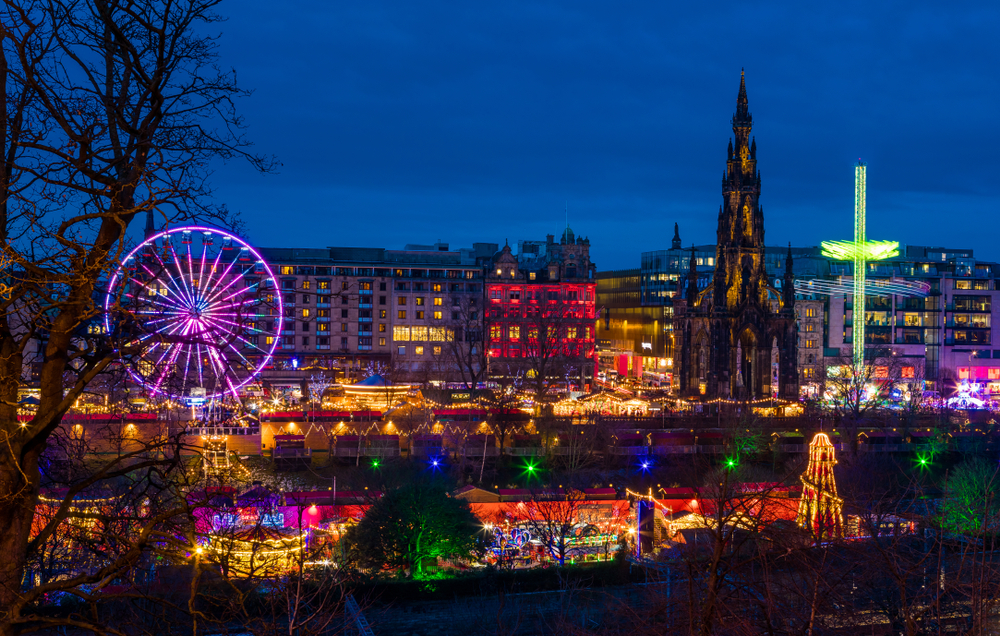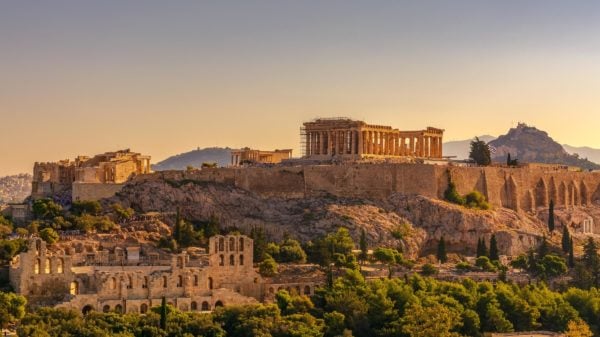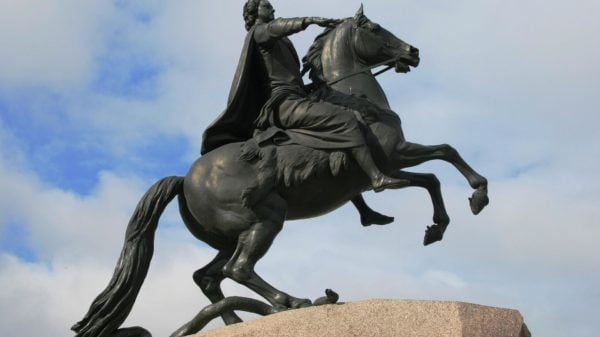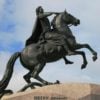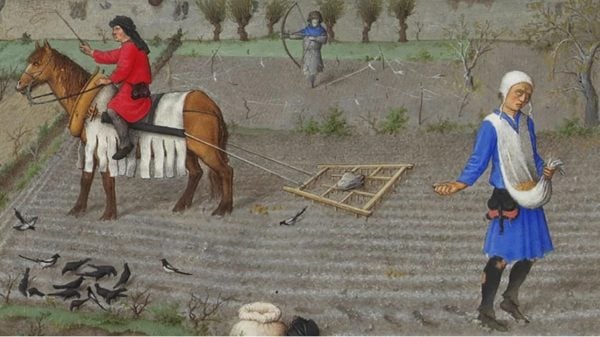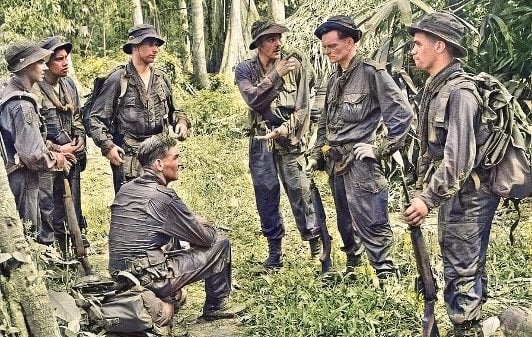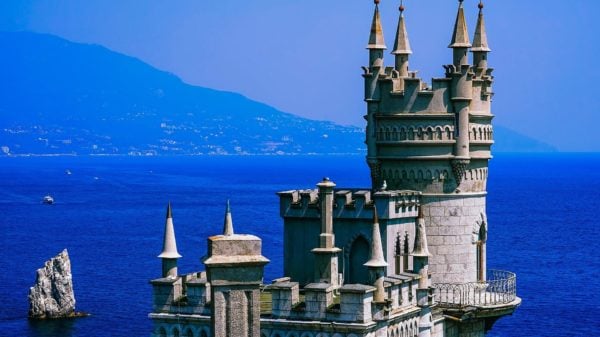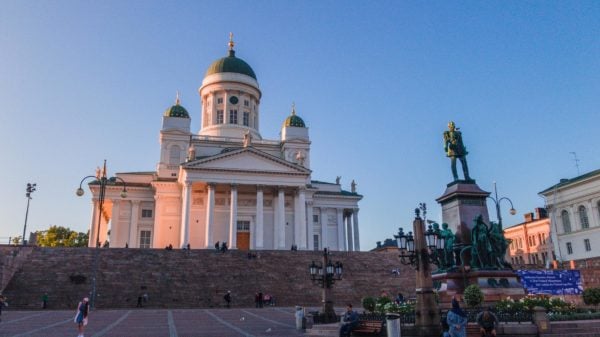Christmas is a fun time for almost everyone. People gather, families get to see each other, gifts get exchanged, and everyone has a grand time overall. However, this was not the case for Scotland for 400 years. The reason was that Christmas celebrations were banned there for 400 years.
Accordingly, the ban had something to do with religion. It happened during the 16th century in Scotland when the country had a division with their Catholic Church. The division came after an extreme version of Presbyterian Protestantism got introduced to the country. The Protestants were just a small group, but they were reportedly influential. This was around 1560, and they made ways to reform the Scottish Church and remove the then-governing papal jurisdiction. The Protestants adopted new beliefs and influenced people to start believing in them, too.
Because of the introduction, the people and the government criticized and condemned all things related to Catholicism. This includes churches, statues, and even Catholic traditions. One of the practices was Christmas. They denounced Christmas because, according to them, it was a celebration that was too extravagant. The extravagance made it not Christ-like. They then moved to ban the Christmas celebrations completely after getting their ideas favored regarding Christmas.
Since the ban, the Christmas celebrations were not phased out completely. However, in the year 1583, everything changed. The people who continued to celebrate Christmas got jailed. Even the simple baking of the Yule bread was a crime. Likewise, people were not allowed to crack an egg into a cup, a Christmas custom back in the day to determine a person’s partner’s profession in the future. These customs were regarded as too pagan for the new Church of Scotland.
When Christmas celebrations were banned, Scots made a way to make up for the parties they did not throw. Although Christmas was not allowed, the New Year was something to celebrate about. Scots use the word Hogmanay for the final day of the year, and usually, parties lasted for four days. Many Scots go from one house to another during Hogmanay to wish their neighbors good health.
Finally, by the year 1712, the ban on Christmas celebrations got lifted. However, if people had big celebrations during that time, they still get frowned upon by society’s bigger part. So, from 1712 to 1958, those who wanted to celebrate Christmas had to do it quietly. The quieter, the better. No attention was attracted by those who celebrated Christmas because they did not want to disrespect their neighbors who did not honor Christmas. They also did not want to be accused of anything. The gifts to children were likewise humble. No gifts were given extravagantly to kids during the Christmas season.
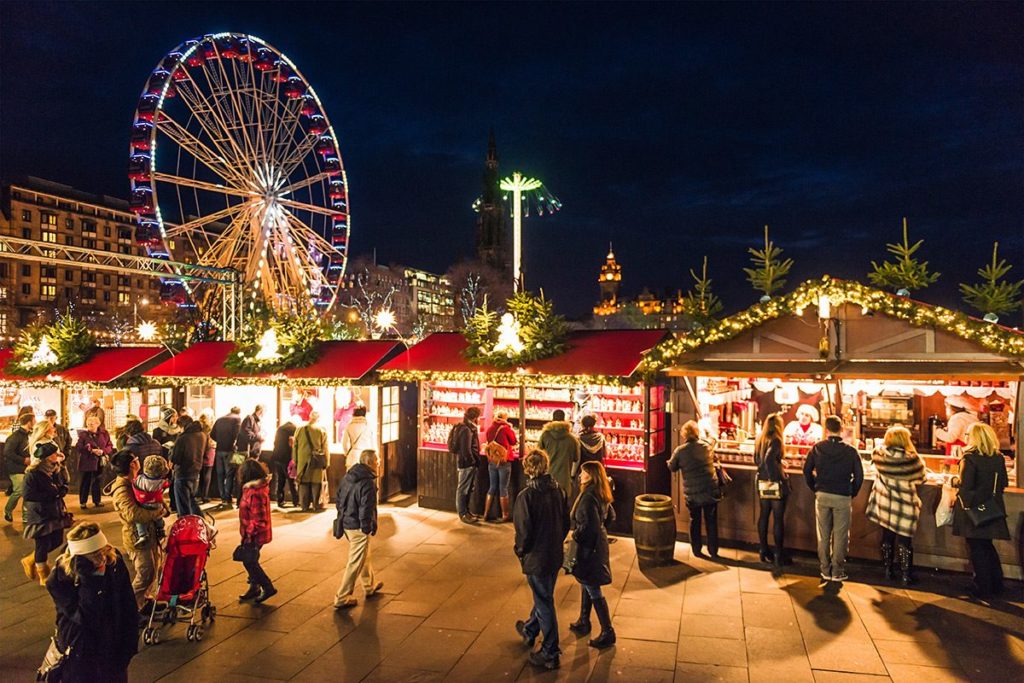
A photo of a street decorated during Christmas in Scotland.
During the 20th century, families who wanted to celebrate Christmas were tired of hiding and having quiet celebrations. They started decorating their homes with boughs, and they hosted Christmas dinners. Still, Christmas day, which is December 25, was not a national holiday. It was only considered as a national holiday in the year 1958.
Today, Christmas and Hogmanay are celebrated all over Scotland for nearly two weeks.


